Landschlacht, Switzerland, 17 August 2016
In less than a week the Rio 2016 Summer Olympics will be a thing of the past and to no one’s surprise the United States leads the medal standing, with 28 gold, 28 silver and 28 bronze, with swimming being the leading sport that the Americans are excelling at.

American swimmer Michael Phelps has single-handedly won the most Olympic medals so far: 5 gold and 1 silver, while US swimmer Katie Lededy is in second place with 4 gold and 1 silver.
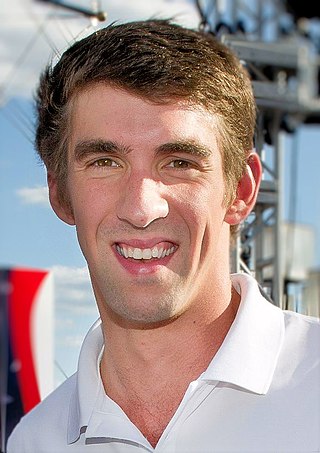
My homeland of Canada has won 2 gold, 2 silver and 0 bronze, excelling in swimming and gymnastics.
My country of residence Switzerland has won 2 gold, 1 silver and 2 bronze, excelling in cycling and rowing.
But let’s look at how many athletes each country sent…
America dominates the Olympics having sent 554 athletes, as compared to Canada’s 314 and Switzerland’s 104.
Now if I were a gambling man it would seem logical to place my bets on the team with the most players in the game.
I wonder what the founder of the modern Olympic Games, Baron Pierre de Coubertin, would have said about the unequal distribution of athletes.

I wonder if he would even recognize the Games he envisioned as being present today in Rio.
On a positive note, the Olympic Games, every two years with its media exposure, provide unknown athletes with the chance to attain national and international fame.
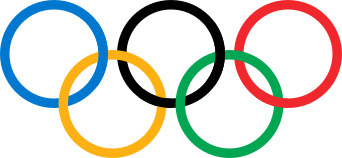
Over 13,000 athletes from more than 200 nations compete at the Summer and Winter Olympics in 33 different sports and nearly 400 events.
The Games offer an opportunity for the host city and country to showcase themselves to the world.
But much has changed since the first modern Olympic Games in Athens in 1896.
The world now has Winter Olympics, Paralympic Games and Youth Olympics.
The Games have had to adapt to changes in economics, politics and technology.
Games that were once restricted to amateur athletes now allow the participation of professional athletes, allowing athletes like Usain Bolt to dominate the sporting events they participate in.
The growing importance of mass media has created issues of corporate sponsorship and vast commercialisation of the Games.
Someone profits from these Games.
World wars led to the cancellation of the 1916, 1940 and 1944 Games.
Boycotts have limited athletic participation in the 1980 and 1984 Games.
And the Olympics deals with challenges and controversies of the type that Coubertin could never have imagined: doping, bribery and terrorism.
So, let’s look at Rio 2016.

The 31st Olympiad is the first Olympics in South America, the first Olympics in a Portuguese-speaking country, the first Summer Olympics to be held in winter.
This is the first Olympics to include golf and rugby.
This is the first Olympics in which Kosovo and South Sudan are eligible to compete.
Due to the European migrant crisis and other reasons, the International Olympic Committee (IOC) now allows athletes to compete as independent Olympians under the Olympic flag, because they otherwise would be unable to compete due to their inability to represent their home National Olympic Committees.(NOCs)
Bulgarian and Russian weightlifters are banned from Rio for numerous anti-doping violations.
Kuwait is banned for the second time in five years over its government’s interference in Kuwait’s NOC.
At first glance, everything seems bleak.
The Brazilian federal government is unstable.
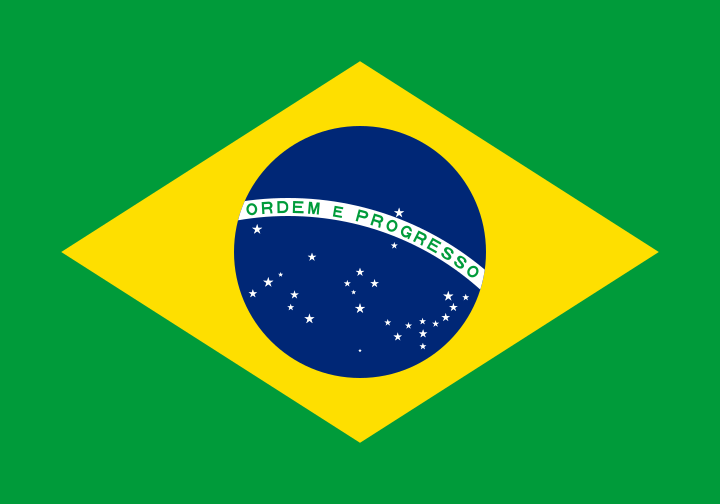
Operation Car Wash, a 2014 investigation by the Federal Police of Brazil, uncovered unprecedented money laundering and corruption in the state-controlled oil company Petrobras, while Brazil faces its worst economic recession since the 1990s.
In November 2015, Russia’s track and field team was suspended from all competitions by the International Association of Athletics Federation (IAAF) following a World Anti-Doping Agency (WADA) report into a doping program in Russia, but the IOC decided against completely banning Russian participation and instead set stricter requirements for all Russian athletes entered into the Games.
Of the original list of Russian athletes, 278 out of 389 were cleared for competition.
On 12 May, Brazilian President Dilma Rousseff was stripped of her powers and duties for 180 days and is waiting to be impeached, so Vice President Michel Temer is President during the Games.
Yet Brazil’s infrastructure continues to crumble and corruption remains rampant, while the Rio state government is almost bankrupt and hospitals and schools are in complete chaos as schools strike and hospitals can’t afford to handle anything that isn’t an emergency.
There are health and safety concerns surrounding the mosquito-borne Zika virus.
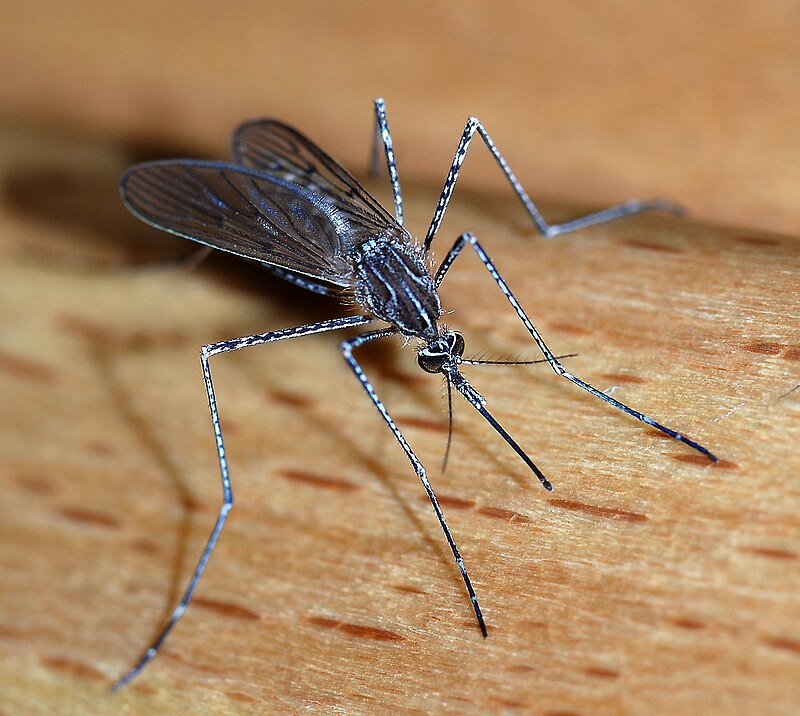
Puddles of stagnant water, a common problem, allow mosquitoes to breed, while trash goes uncollected and lies rotting in the streets.
There is significant pollution in Rio’s Guanabara Bay.
Only 17% of Rio’s sewage is treated.
The rest of the raw sewage flows into the Bay.
Rio has always had crime problems, but these problems are now under an intense international spotlight.
Severe poverty in slums controlled by armed gangsters are only a short stroll away from luxurious beachside apartments.
There are more than 300 street robberies a day.
On 21 April 2016 – the day that the Olympic torch was lit – a 50 metre/164 foot section of the Tim Maia bike path was hit by a giant wave and collapsed causing the death of three pedestrians and injuring three more.

On 27 June, protesting police fly at a banner at the international airport that reads “WELCOME TO HELL” alongside a placard “49” – the number of Rio police killed this year.
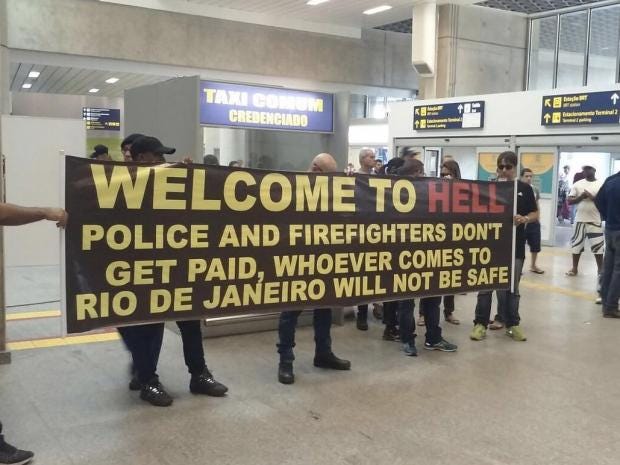
The police patrol without paychecks.
On 21 July 2016, just two weeks before the Games started, Brazilian Federal Police broke up an Islamic jihadist terrorist ring.
The athlete’s village, the largest in history, was described as unliveable and unsafe, because of major plumbing and electrical hazards, like blocked toilets, leaking pipes, exposed wiring, darkened stairwells and dirty floors.
Many economists are skeptical about the economic benefits of hosting the Olympic Games, emphasizing that the mega-event costs more than it benefits in the long run.
The Games also have significant negative effects on host communities, displacing more than two million people over the past two decades, disproportionately affecting disadvantaged groups.
In other words, the poor are driven from their homes.
The IOC itself has been accused of taking bribes in the bidding process for the hosting of Olympic Games.
Hosting an Olympic Games is a damnedly expensive endeavour.
The biggest threat to the future of the Olympics is that very few cities want to host them.
To be fair, Rio is not unique in modern Olympic history in having many problems to overcome.
Antwerp 1920 had still not cleaned up all its rubble from the devastation that had been World War I.

Mexico City 1968 was marred by a massacre of protestors just before the Games began and is still remembered for the Black Power salute given by two American medal winners.

Munich 1972 is remembered for the Palestinian attack on the Israeli complex resulting in 11 deaths.

Montreal 1976 is a Olympics famous for its huge debt that took three decades to pay, East German doping, a 20 African nation boycott and the perfect performance of Romanian gymnist Nadia Comaneci.

Atlanta 1996 was marred by the collapse of a steel lightning tower killing spectators and the Centennial Olympic Park bombing resulting in two dead and more than 100 people injured and an investigation that took seven years to find the bomber responsible.

Athens 2004 struggled with a bomb blast and a lack of ticket sales.

Beijing 2008 is remembered for extreme air pollution conditions as well as the threat of Islamic jihadist terrorism.

Vancouver 2010 began sadly with the death of a luge athlete during a training run, a lack of snow and criticism of its homelessness situation in its urban centre.

Sochi 2014 was a truly unpleasant moment in Olympic history as Russia massacred its stray dogs, banned all public discussion of gay rights and exercised extreme security measures after a suicide bomber struck in Volgograd.

Since Berlin 1936 some countries have chosen to boycott a celebration of the Games for various reasons.
Greece, Australia, France, Britain and Switzerland are the only countries to be represented at every Olympic Games since their inception in 1896.
Even Canada has boycotted, refusing to send its athletes to Moscow 1980 because of the Soviet invasion of Afghanistan.
The Olympic Games has been used as a platform to promote political ideologies, the most famous example being Berlin 1936.

The National Socialist Party (Nazis) wanted to portray themselves as peaceful and benevolent yet simultaneously showing the world Aryan superiority.
Though Germany was the most successful nation at the Games, the victories of black American Jesse Owens and Jewish Hungarian Ibolya Csak denied the complete success of their Aryan supremist message.
As early as 1904, many Olympic athletes began using drugs to improve their athletic abilities, with even one death as a result in Rome 1960.
Canadians still weep when we remember Seoul 1988 when Canadian sprinter Ben Johnson (who won the 100-metre dash) tested positive for the performance-enhancing drug stanozol.

Johnson was stripped of his gold medal and it was awarded to the American runner-up Carl Lewis, who arrogantly proclaimed American superiority and condemnation of doping while he himself had tested positive for banned substances prior to the Olympics.
Canadians felt that insult had been added to injury.
And the policies and practices of Olympic host countries continue behind the scenes: the theft of land expropriated for Games use and the neglect and intensification of poor social conditions for indigenous peoples.
Canada and America still have much work to do to resolve the injustices done to the natives that have lived there long before the Europeans arrived and continue to do so.
Yet in spite of politics, in spite of scandals, in spite of fears of disease or terrorism, the Games go on.
For the focus is not on the problems of nations but on sport’s greatest athletes with their superhuman feats.
Fans don’t let morality ruin their fun.
We watch gymnists flip and propel themselves into the air turning backflips and somersaults that leave us breathless.
We wonder if merpeople really do exist as we watch Michael Phelps seek to redeem himself from his arrest for drunk driving and resulting stint in rehab in 2014.
We gaze in amazement at the sprinters, who despite careers of strained hamstrings, still deliver speeds that dominate our imaginations.
And judo throws are thrown, badminton birds struck, bullets shot, soccer balls kicked, basketballs bounced, boats rowed and sailboats sailed, pools dove into, rugby balls thrown, swords drawn, hurdles hurdled and poles vaulted, tennis courts beckon, boxers spar, weights are lifted, water polo and golf attract but not so beautifully as volleyball on the beach…
The show must go on.
Are we having fun yet?

